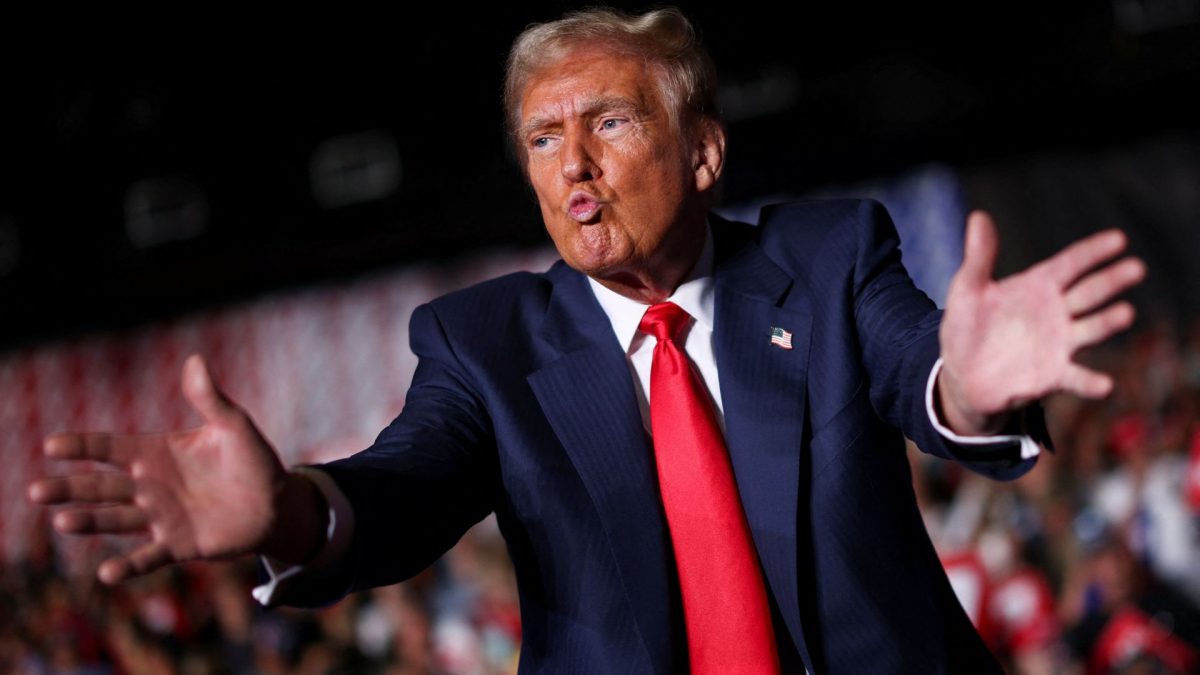The 2024 election wasn’t just a battle between Kamala Harris and Donald Trump. It was also a clash of media worlds pitting traditional news outlets against newer platforms like social media and podcasts. While mainstream newspapers and TV channels largely backed Harris, with some even openly endorsing her, Trump leaned heavily on the power of alternative media, where he found significant support from platforms like X (formerly Twitter) and high-profile podcasters such as Joe Rogan. This strategic divide raises the question: did Trump’s media choices influence the election outcome?
Cable news vs podcasts
Media consumption trends in the US show a generational divide. The average age of cable news viewers is around 70, newspaper readers are around 60 and magazine audiences average 52 years old. In contrast, the average podcast listener is just 34 with younger men making up a large portion of that demographic. Trump’s team quickly recognised this and tailored a strategy to capture younger voters by connecting with them on platforms they actually use.
Earlier this year, Trump’s campaign hired a 27-year-old consultant to curate a list of podcasts for Trump to appear on—a list that Trump’s son, Barron, was reportedly asked to review. This led to a full-scale “podcast blitz” across major shows like the Nelk Boys Podcast, Lex Fridman Podcast, Flagrant Podcast and The Joe Rogan Experience. These appearances racked up over 86 million views with more exposure through short clips shared across social media. Notably, these weren’t typical interviews focusing on policy or politics. Instead, Trump discussed a range of topics from martial arts and boxing to cryptocurrency and aliens—subjects that resonate well with younger audiences, particularly men.
Shifting media trust
Trust in mainstream media is at a historic low in the US with only 31 per cent of Americans expressing faith in traditional news sources. Trump capitalised on this scepticism by sidestepping these channels, choosing instead to engage directly with the audiences of independent podcasters. And the strategy paid off: in 2020, Trump lost the under-30 male vote to Biden by 11 per cent. This year, he managed to flip that demographic, beating Harris among young men by 2 per cent.
Impact Shorts
More ShortsIn his victory speech, Trump even acknowledged the role of podcasters in his campaign’s success. His approach reflected his awareness that traditional media no longer holds the monopoly on political discourse. In a symbolic rejection of the old guard, he declined an interview with 60 Minutes—a move that was initially seen as audacious, but ultimately proved inconsequential to his campaign’s outcome.
Harris’s attempt to tap into podcasts
Kamala Harris attempted to replicate Trump’s podcast strategy, appearing on the popular show Call Her Daddy and reportedly considering an interview with Joe Rogan. However, these efforts ultimately fell short in capturing the same level of engagement that Trump’s appearances generated.
Challenges of an unfiltered platform
Trump’s success with podcasts raises important questions about the implications of using largely unregulated media for political outreach. Unlike traditional interviews, podcasts often lack rigorous fact-checking or follow-up questions, allowing guests to discuss controversial topics without challenge. In an ideal world, audiences would scrutinise claims made in these settings, but in reality, very few listeners take the time to verify facts.
The solution lies in collective responsibility. Politicians can utilise podcasts, but these platforms shouldn’t replace structured interviews. Likewise, audiences need to engage critically with what they hear, using available resources to fact-check statements. And finally, mainstream media must address its trust gap by focusing on transparency and accountability to regain public confidence.
Ultimately, Trump’s media strategy highlights a shift in the way politicians connect with voters. By embracing alternative media, he has once again reshaped the political landscape, proving that in today’s world, capturing the audience’s trust may matter more than ever. Whether this approach sets a precedent for future campaigns remains to be seen, but one thing is clear: the media game has changed, and Trump, ever the media strategist, continues to lead the way.


)

)
)
)
)
)
)
)
)



